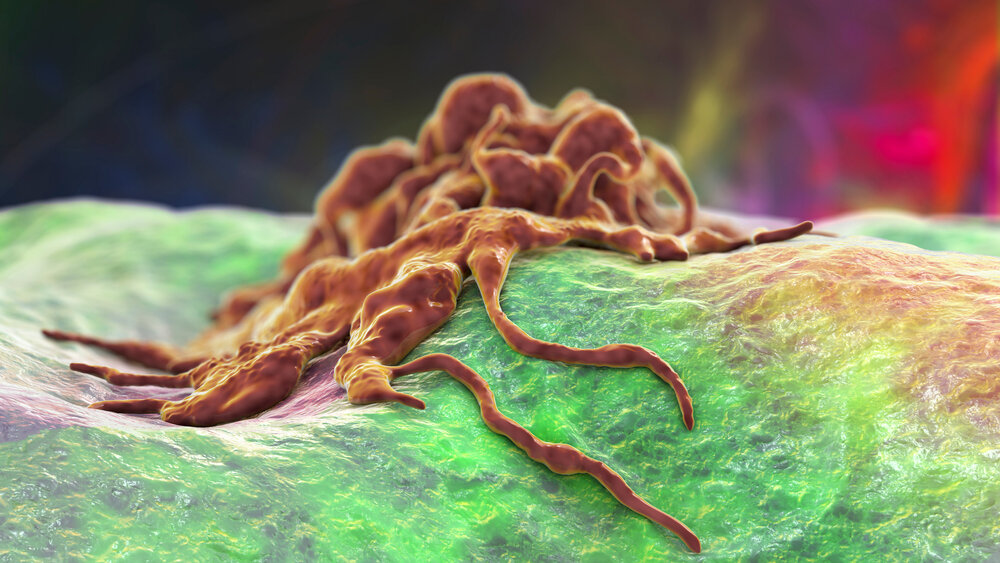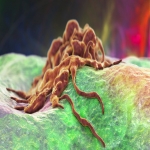A brain tumor's treatment is determined by various factors, including your age, health, and the location, size and tumor type.
Many questions concerning brain cancer, therapy, side effects of treatment, and the long-term effect will arise for you and your loved ones. This information is best obtained from your health-care team. Please don't be afraid to inquire.

What exactly is a brain tumor?
- About 32% of the over 80,000 brain tumors detected in the United States each year are malignant.
- In general, a person's likelihood of developing a malignant brain tumor in a lifetime is not more than 1%.
- Glioblastoma multiforme is the most lethal form of brain cancer, causing nearly half of all cancerous brain tumors.
The cause of most cases of brain cancer is unknown.
The majority of people with primary brain tumors have no known threat factors. Certain risk factors and hereditary disorders, however, have been linked to an increased probability of developing one, including:
- As you become older, your chances of developing a brain tumor increase.
- People exposed to ionizing radiation have a higher risk of developing a brain tumor.
The majority of brain tumors are asymptomatic.
Headaches that worsen over time can be a sign of a variety of illnesses, including brain tumors. Personality changes, nausea or vomiting, eye weakness, trouble speaking, comprehending, and memory loss are all possible signs.
Tumors that are non-cancerous can be dangerous and life threatening. If you see any of these symptoms, contact your doctor straight away.
Brain cancers can strike people of any age.
Primary brain tumors, or tumors that start in the brain, can occur at any age, but this is the most common among children and the elderly. The brain tumors are found to be a common disease in children aged 0 to 14, the average age at which they are diagnosed is 59.
Treatment for Brain Cancer
Brain cancer is notoriously difficult to treat. The majority of treatment plans entail the collaboration of numerous doctors. The following people could be on your team:
- Neurosurgeons and brain tumor specialists are doctors who specialize in the brain
- Oncologists are doctors who specialize in cancer (cancer specialists)
- Oncologists who specialize in radiation therapy (doctors who practice radiation therapy)
- Your primary care physician
Surgery, chemotherapy and radiation therapy are the most common therapies. In the vast majority of cases, more than one of these is employed.
The treatment you receive will be determined by the following factors:
- The tumor's type
- The tumor's size and location
- Your age and general well-being
- The dangers of a specific treatment
- Any other medical issues you're dealing with
- Your preferred method of therapy
See us here at Neuroscience Specialists for brain cancer treatment. Reach us for brain tumor specialist near you in OKC.
**Disclaimer- Information presented here is not intended to be qualified medical advice. Nothing expressed herein creates a doctor-patient relationship.

